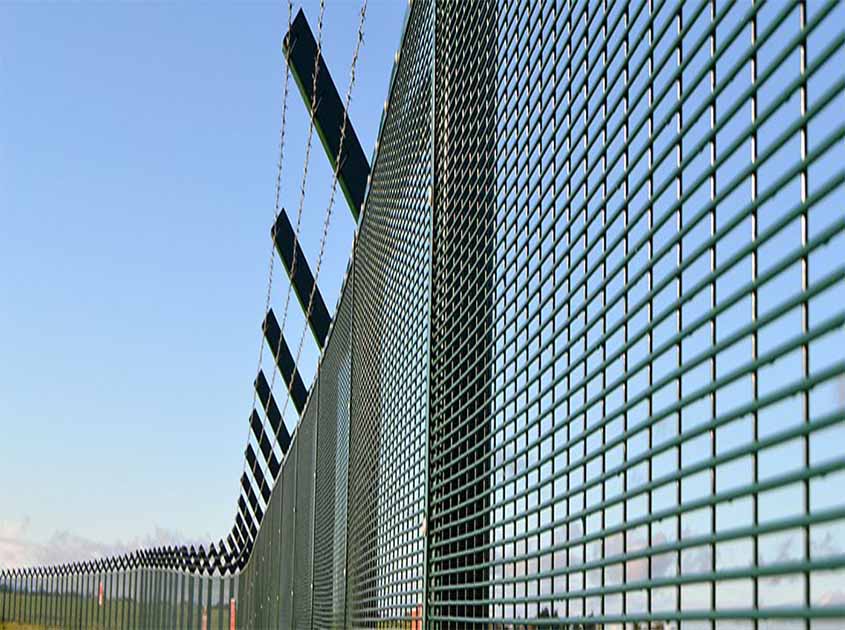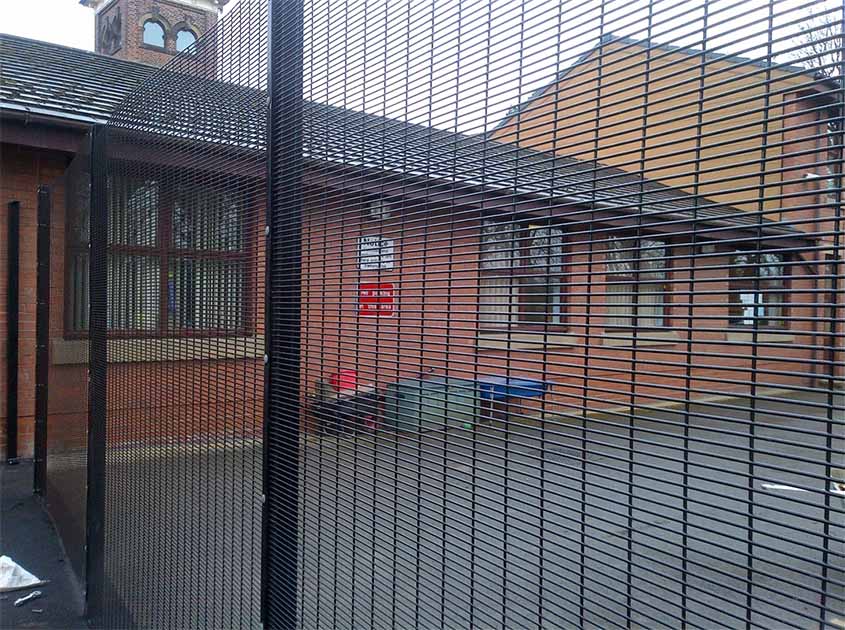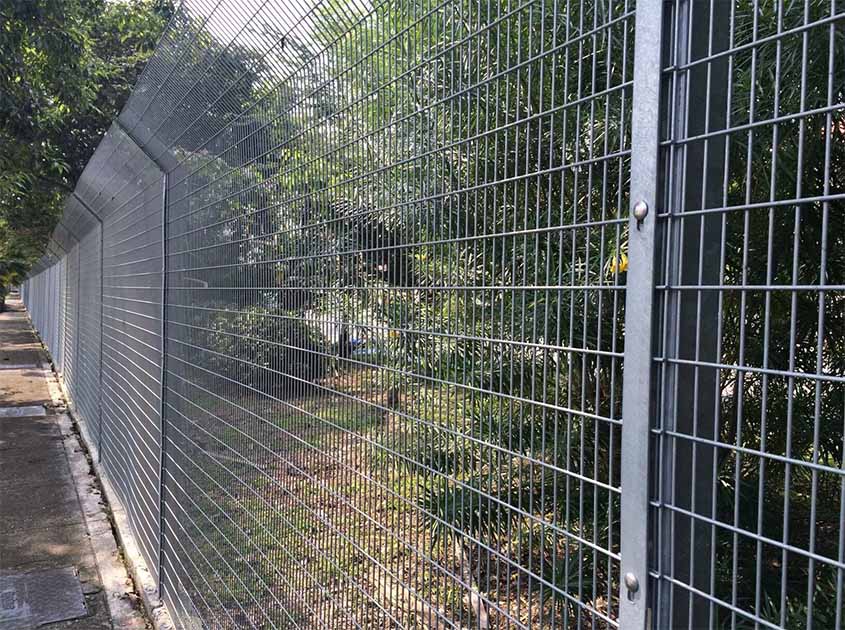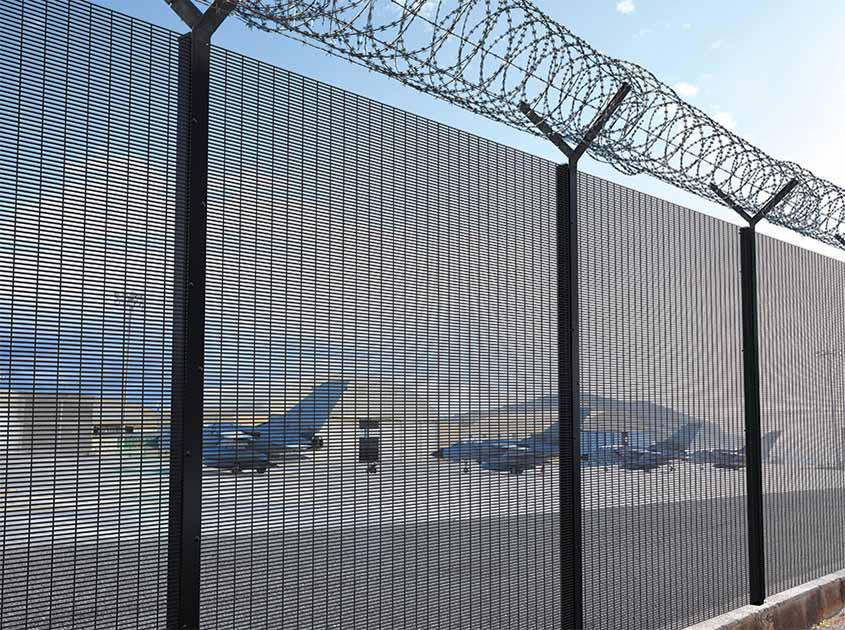Introduction to 358 Security Fence and Traditional Security Systems
When it comes to securing properties, both the 358 security fence and traditional security systems are commonly considered. The 358 security fence, known for its robustness and effectiveness, offers a physical barrier against intruders. On the other hand, traditional security systems typically include surveillance cameras, alarm systems, and access control devices. This article aims to compare the cost-effectiveness of the 358 security fence to traditional security systems, considering both initial investment and long-term maintenance costs.

Initial Investment
In terms of the initial investment, the 358 security fence often requires a higher upfront cost compared to traditional security systems. The materials used, such as heavy-gauge galvanized steel, along with the specialized installation process contribute to the higher initial expense. In contrast, traditional security systems may involve purchasing surveillance cameras, alarm systems, and access control devices, which can be costly but may not require extensive installation. However, it is important to consider the specific security needs of the property and the level of deterrence provided by each option when assessing the value of the initial investment.

Long-Term Maintenance Costs
When considering long-term maintenance costs, the 358 security fence often has an advantage over traditional security systems. Once installed, the fence requires minimal maintenance and has a longer lifespan compared to electronic systems that may require regular updates, software maintenance, and occasional repairs. The 358 security fence is typically constructed using durable materials, such as galvanized steel, which are resistant to corrosion and wear. Regular inspections and occasional repairs or replacements for damaged panels or posts are generally sufficient to maintain the effectiveness of the fence. In contrast, traditional security systems may require ongoing expenses for system upgrades, software updates, and periodic maintenance.

Deterrence and Reduction in Security Breaches
Both the 358 security fence and traditional security systems aim to deter potential intruders and reduce security breaches. The physical presence of a robust 358 security fence acts as a strong deterrent, preventing unauthorized access and making intrusion attempts more challenging. It creates a clear physical boundary that can be visually intimidating to potential trespassers. Traditional security systems, on the other hand, rely on surveillance cameras, alarms, and access control devices to monitor and detect security breaches. While these systems can provide a level of deterrence and facilitate quick response to incidents, they may not offer the same physical barrier as the 358 security fence. The level of deterrence required depends on the specific security needs of the property.

Overall Cost-effectiveness
When evaluating the cost-effectiveness of the 358 security fence compared to traditional security systems, it is important to consider the specific requirements and budget of the property owner. While the initial investment for the 358 security fence may be higher, its long-term maintenance costs are generally lower. Additionally, the physical presence and deterrence provided by the fence can be valuable in certain settings. Traditional security systems offer flexibility and advanced features but require ongoing maintenance and updates. Ultimately, the choice between the two options should be based on a comprehensive evaluation of the property's security needs, budget constraints, and the desired level of deterrence and physical barrier.
Pre:358 Security Fence: Understanding the Key Features of 358 Security Fence for Maximum Security
Next:358 Security Fence Installation: Important Considerations for a Successful Project